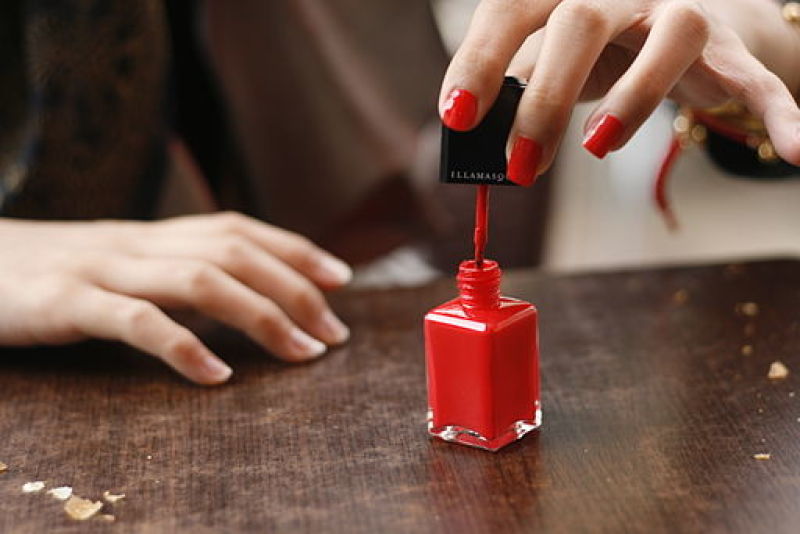

Undercover Colors' nail polish product receives criticism for lack of understanding of rape culture.
Since January of 2014, four male undergraduate students at North Carolina State University have been developing a nail polish that changes color when in contact with date rape drugs such as Xanax, Rohypnol, and GHB. The group of four students has decided to call their company "Undercover Colors".
Users of this product simply dip their fingernail, coated with Undercover Color's nail polish, into the drink and see if the nail changes color. A change in color indicates the presence of date rape drugs.
According to their Facebook page, Undercover Colors members: Ankesh Madan, Tasso Von Windheim, Tyler Confrey-Maloney, and Stephan Gray state, "We are Undercover Colors and we are the first fashion company empowering women to prevent sexual assault." The Facebook page currently has over 100,000 likes and numerous positive comments.
However, many activists and experts on sexual assault have had different responses towards Undercover Colors and its product. Articles written about this issue, such as one by ThinkProgress, say that Undercover Colors is reinforcing rape culture.
In the article by ThinkProgress, Tracy Vitchers, who is the board of Students Active For Ending Rape, stated, "I think that anything that can help reduce sexual violence from happening is, in some ways, a really good thing "¦ But I think we need to think critically about why we keep placing the responsibility for preventing sexual assault on young women."
Writer Sophia Kerby from the Huffington Post states, "It's pretty clear that these male students know little rape culture and even less about plausible solutions." According to the Rape Abuse Incest National Network (RAINN), one of the largest anti-sexual assault organizations in the nation, "approximately 2/3 of rapes are committed by someone known to the victim" and "73% of sexual assaults are committed by non-strangers." Kerby uses these statistics to claim that during most cases of rape, "women are more likely to feel comfortable and less guarded "¦ alcohol is just part of the problem."
Rebecca Nagle, co-director of FORCE: upsetting rape culture, told ThinkProgress, "The problem isn't that women don't know when there are roofies in their drink; the problem is people putting roofies in their drink in the first place."
These activists claim that although the efforts of Undercover Colors may have good intent, they are not challenging the issue at its core.



















